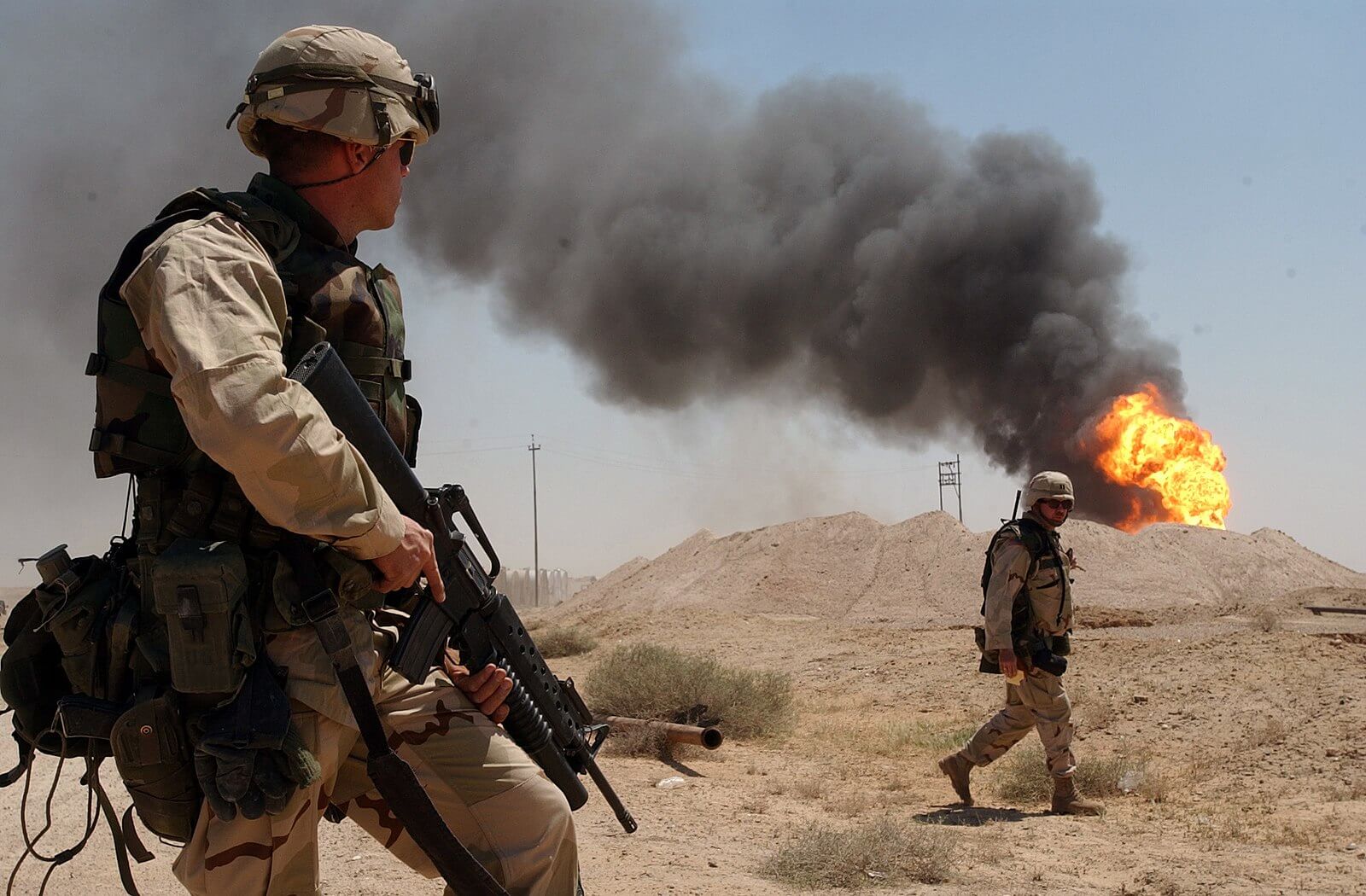A study by public-health researchers at Johns Hopkins says that estimates of deaths in Iraq since we did that nation the great service of bringing them democracy are way low, that the likelihood is 600,000 have died. Though they say the number could be as low as 400,000 and as high as 800,000.
The study suggests once again that we have little idea what’s going on in Iraq. Yesterday Gen. George Casey Jr., the commander of U.S. forces in Iraq, said he doesn’t imagine the death toll is higher than 55,000. That’s a tenfold difference, between 55,000 and 600,000. But not a controversy in the papers. What if people on the Upper East Side said they thought 20 people, not two, had died in the Corey Lidle plane crash yesterday, wouldn’t the discrepancy be in the headlines?
I wonder if the press’s general indifference on this study doesn’t reflect its inhibitions about describing the Iraq war: if we come out and call it a disaster, then there will have to be major consequences domestically, and we’re not ready for that. Too many important people are implicated.
Even more significant, as the writer Dan Swanson points out, the argument against withdrawing completely has been that U.S. forces are all that’s preventing a bloodbath. These figures suggest that that argument is an imperial vanity.

